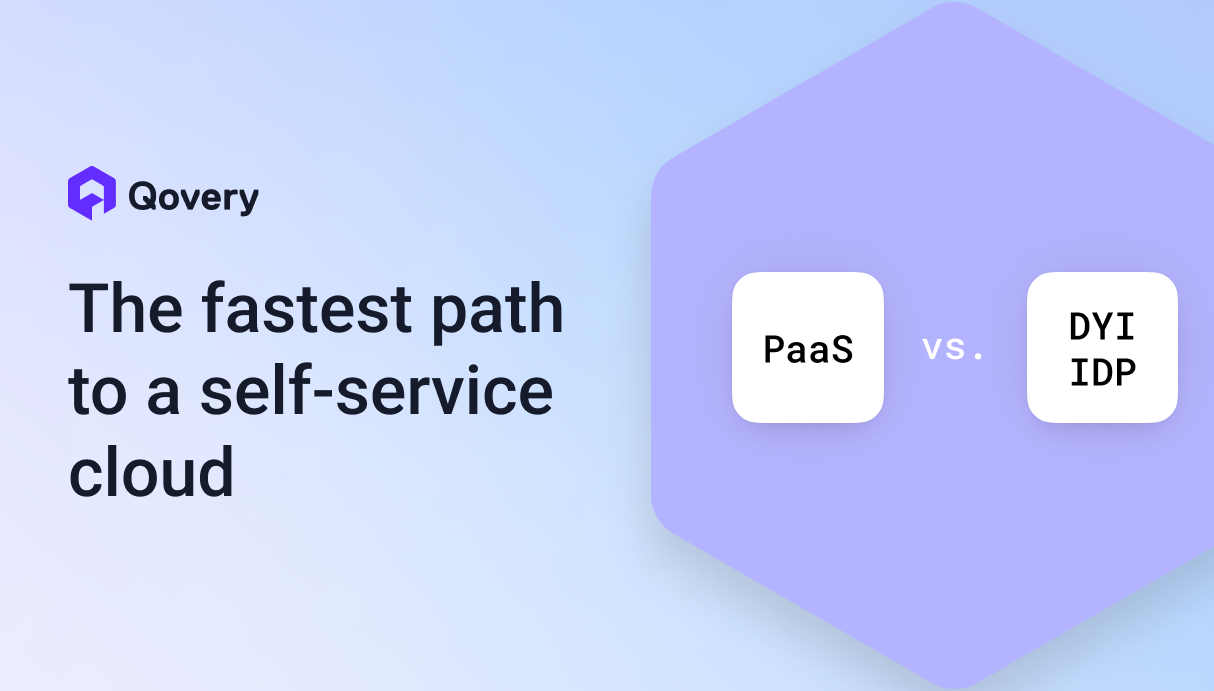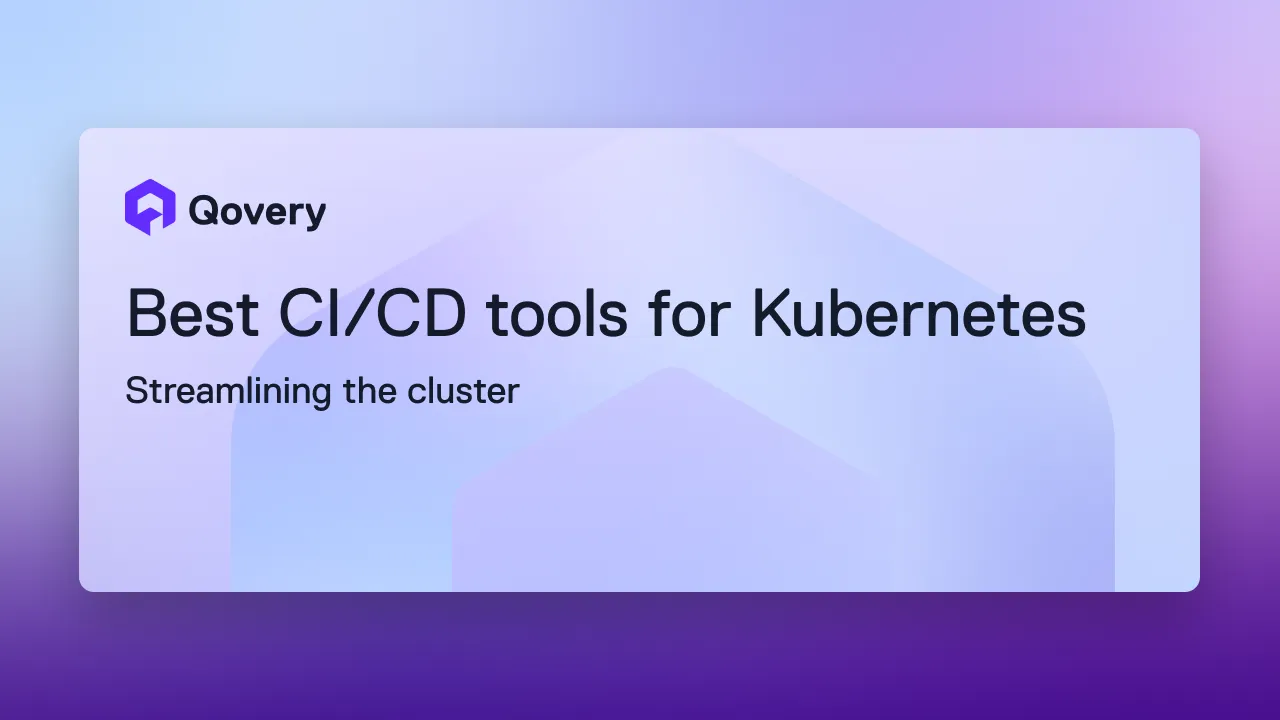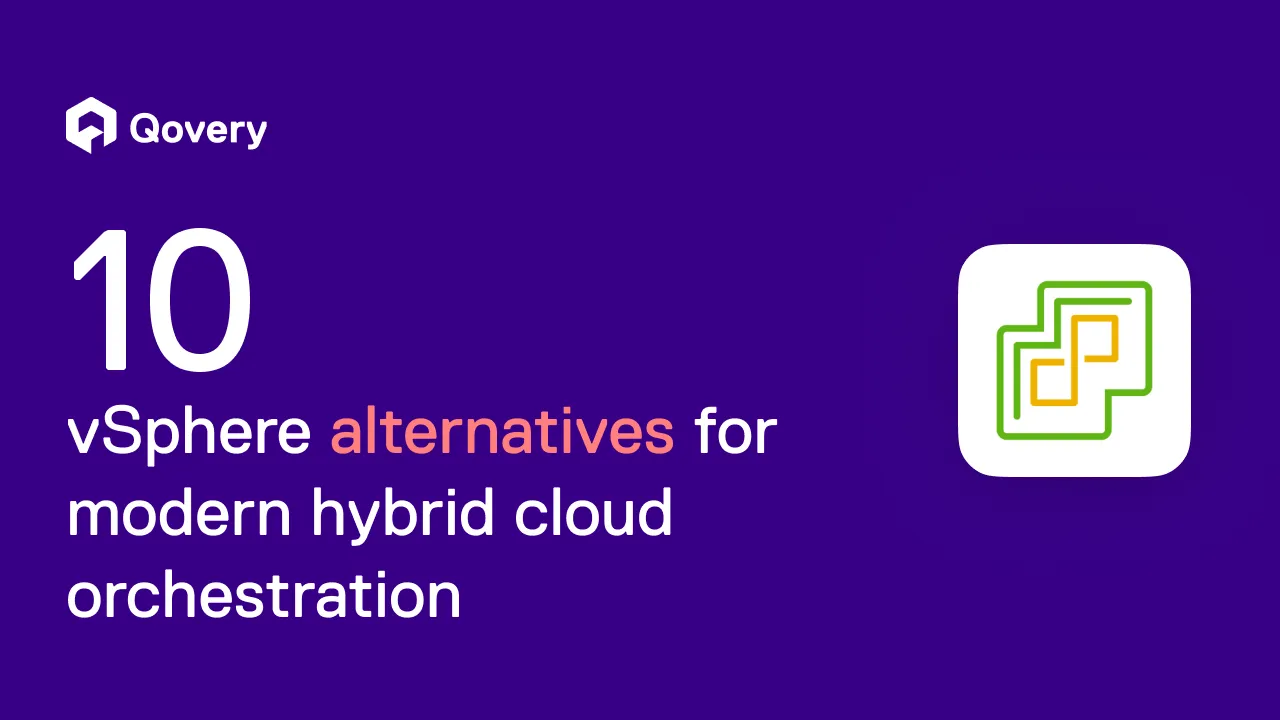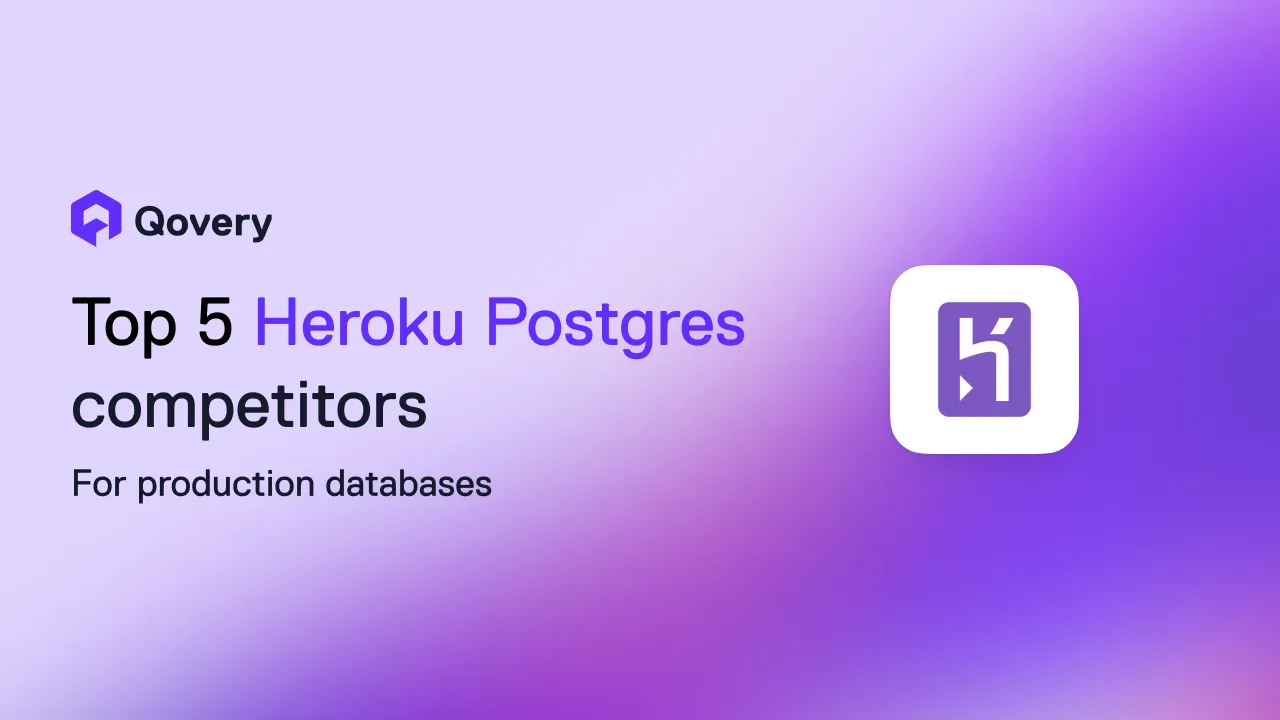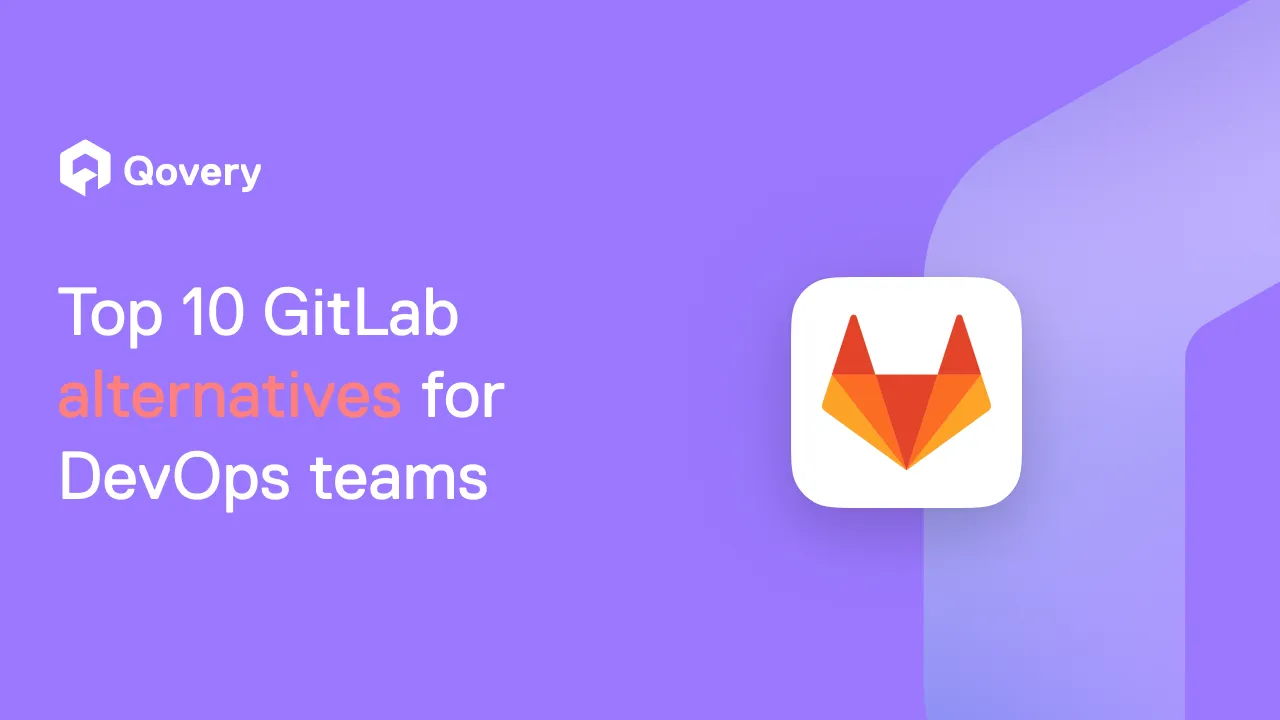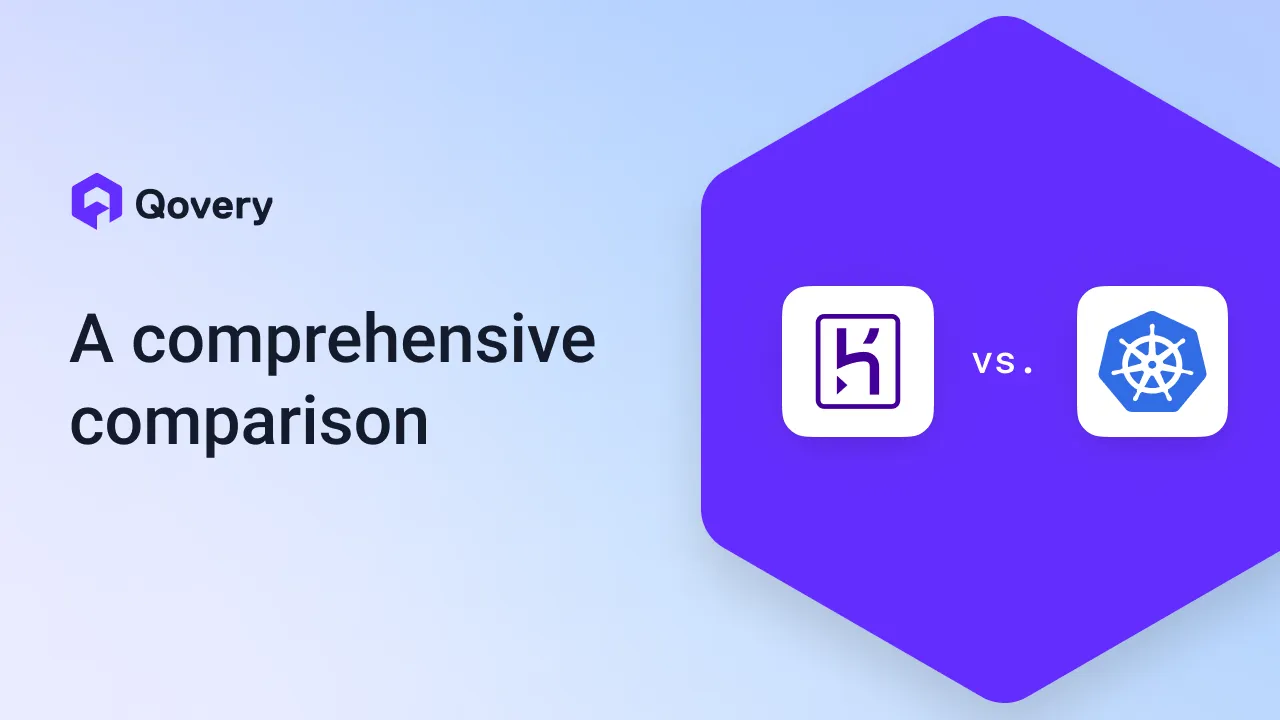


How Qovery Uses AI To Empower Developers



Qovery in a Nutshell
You can skip this paragraph if you're familiar with Qovery
Qovery is an internal developer platform that emphasizes enhancing the developer experience. By automating and simplifying cloud infrastructure management, we enable developers to deploy applications quickly and efficiently without diving into the complexities of Kubernetes, AWS, GCP, or on-premise environments. Our platform is designed to cut through the noise and provide developers with paved paths to production, testing, and ephemeral environments, driving actionable improvements in software delivery.
The Role of AI in Cloud Infrastructure Management
Artificial intelligence, particularly large language models (LLMs), is profoundly changing the world. At Qovery, we see AI as a critical enabler for making developers more autonomous and efficient in managing their application lifecycles. By integrating AI, we aim to address key pain points in cloud infrastructure management, providing both analysis and actionable insights.
Phase 1: Analysis and Insights with RAG
*RAG: Retrieval-Augmented Generation
The first phase of our AI integration focuses on analyzing usage data to provide actionable insights. Here, AI does not take direct actions but plays a crucial role in understanding and interpreting data to inform users.
Insights AI
For years, Qovery has been collecting usage data, amassing a wealth of knowledge about user behaviors and actions. Now, we are leveraging this data to provide users with direct access through a chat interface. Users can ask questions about their data and receive immediate, insightful responses. Imagine querying the system about deployment statistics, success rates, common errors, and more, and receiving detailed, data-driven answers. This empowers users with a deeper understanding of their operations and helps them make informed decisions.
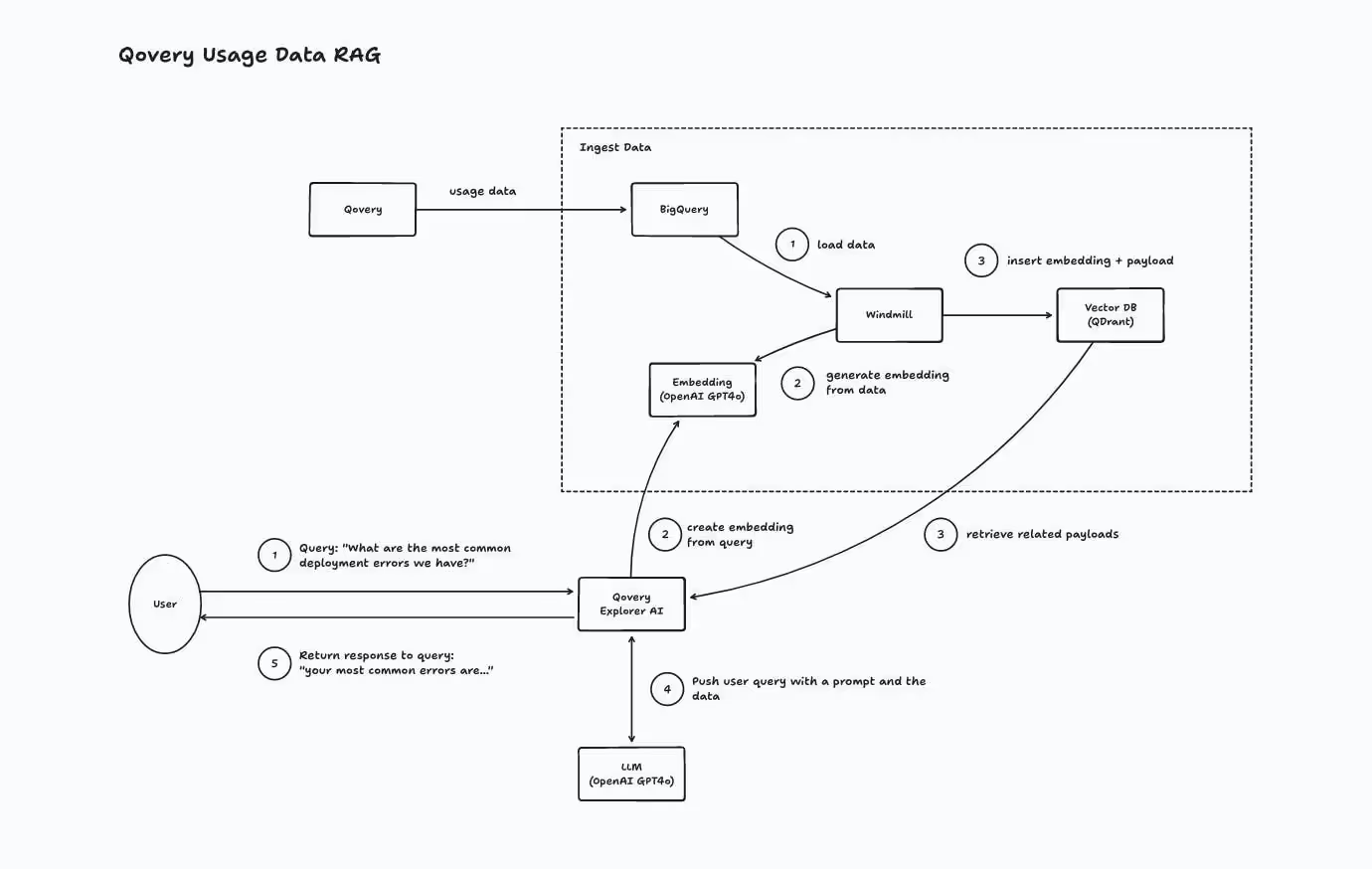
Examples of queries our users can make include:
- How many deployments have been done in the last 7 days? How does this compare to the previous week?
- What’s the success/fail rate ratio? How does it compare to the previous week?
- What are the main reasons for deployment failures, and have these errors been resolved?
- What’s the average deployment time, and what are the times at the 50th, 90th, and 95th percentiles?
- Can you summarize all that and provide a healthiness score between 0 and 100?
- How can I reduce my deployment time to below 5 minutes for most apps?
Troubleshooting with an AI Assistant
When systems are running smoothly, troubleshooting is a distant concern. However, when issues arise, the need for quick, accurate solutions becomes paramount. Developers, especially those unfamiliar with infrastructure intricacies, can benefit immensely from an AI assistant. This assistant can offer a comprehensive view of the system, identifying issues like app deployment failures, run failures, or DNS problems faster than a human could. By doing so, it empowers developers to resolve issues autonomously and efficiently.
Dockerfile Generation
Given that Qovery relies heavily on Dockerfiles, the Dockerfile Generation feature aims to simplify the initial setup process for our users. With a single click, developers can generate a valid Dockerfile tailored to their project's specific requirements, such as language, version, and framework. Even users familiar with Dockerfile might find this feature helpful.
Initially, the generated Dockerfile may not be perfect and might require some user edits to function correctly. However, the system is designed to learn from these adjustments. Each modification the user makes will help our AI improve its future Dockerfile generations, becoming more accurate and aligned with user needs over time. This continuous learning process ensures that the Dockerfile generation feature becomes increasingly reliable, ultimately saving developers significant time and effort.
Special note: Yes, we tried Buildpacks and even Nixpacks, but we believe that everyone should use Dockerfile and understand what's going on under the hood, and be able to tweak it. AI LLM is one of the best answers for that.
Phase 2: Action with AI Agents
In the second phase, we delve deeper into AI usage by developing AI agents that can perform automated tasks, further enhancing the developer experience.
Automatic Deployment Remediation AI Agent
One of our key innovations is the Automatic Deployment Remediation (ADR) AI Agent. This agent aims to automatically resolve deployment issues, mimicking the actions a user would take to troubleshoot and fix problems.
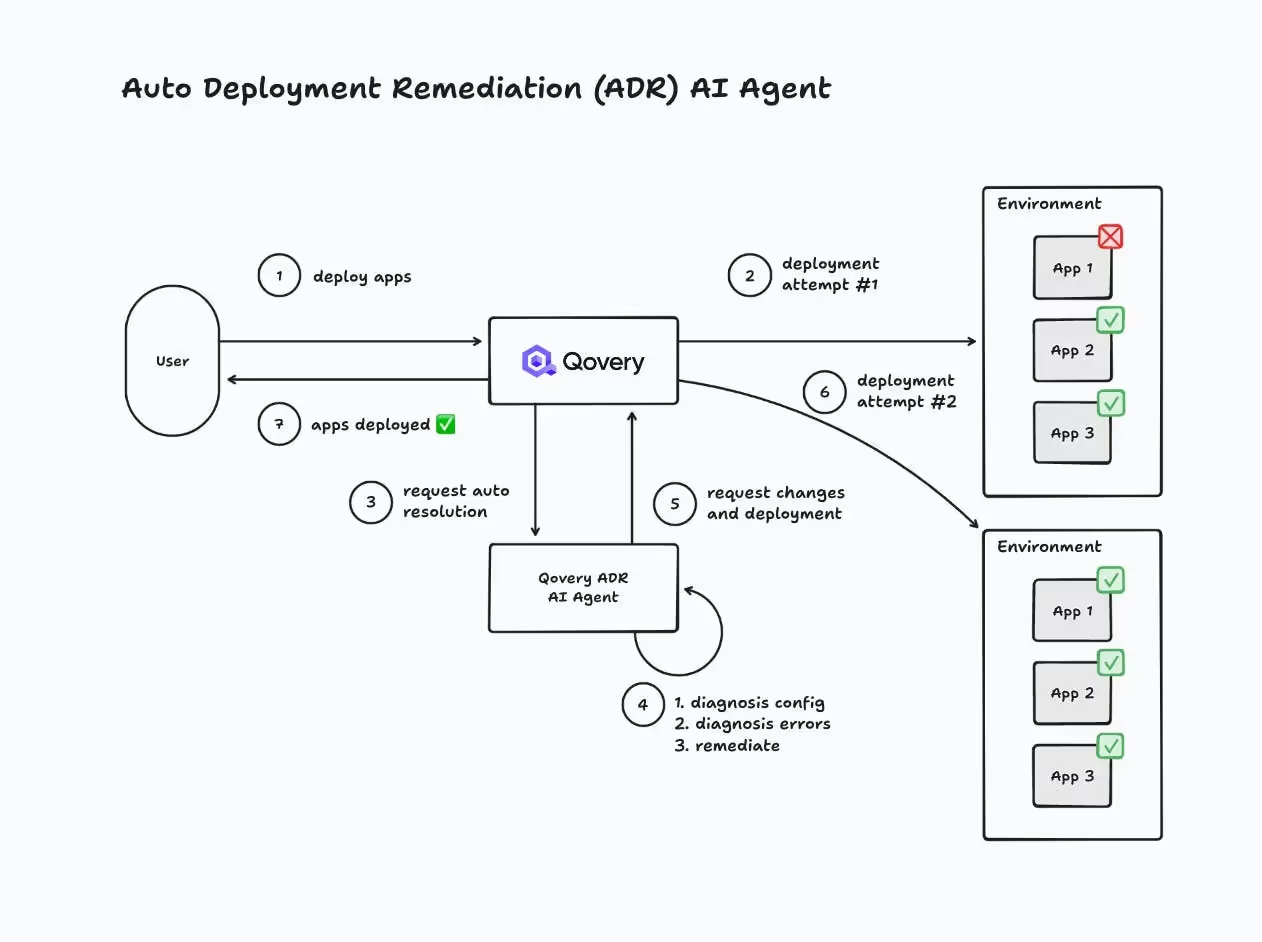
By analyzing deployment and application logs, making necessary changes, and redeploying until the issue is resolved, this agent reduces the time and effort developers spend on manual troubleshooting.
The workflow involves:
- Attempting the initial deployment.
- Detecting issues and requesting auto-resolution.
- The ADR AI Agent diagnosing configurations, identifying errors, and remediating them.
- Requesting changes and redeployment.
- Repeating the process if necessary until a successful deployment.
Migration Helper AI Agent
Updated Sept 2024: Discover our Open-Source Migration AI Agent
Another significant use case for our AI integration is assisting with cloud migrations, particularly from platforms like Heroku to AWS or GCP. Traditionally, this process can be daunting for many users, who often prefer third-party assistance. To streamline this, we are developing the Migration Helper AI Agent. This agent will analyze the current setup, translate it into a Qovery configuration using our Terraform Provider, and provide detailed explanations to ensure users understand the migration process, even if they are not familiar with Terraform or Qovery.

The migration process involves:
- Analyzing the Heroku setup and proposing a migration plan.
- Interacting with the user to establish an action plan and validate the process.
- Creating an equivalent stack on Qovery and handling any errors that arise.
Our AI Integration Timeline
integrating AI into our platform is a gradual and thoughtful process. We are excited about the potential enhancements AI can bring, and we want to ensure these changes are implemented smoothly and effectively. Here's a glimpse into our AI integration timeline and what you can expect in the coming months:
Q3 2024
- Dockerfile Generation
- AI Insights
Q4 2024
- AI Troubleshooting Assistant
- Migration Helper AI Agent
Q1 2025
- Automatic Deployment Remediation (ADR) AI Agent
We will continuously refine and enhance our AI capabilities throughout these phases based on user feedback and evolving needs.
We invite you to stay informed about our progress and upcoming features by subscribing to our public roadmap. This will allow you to track our AI integration timeline, provide feedback, and be among the first to experience new features as they are released.
Data Privacy and Security
At Qovery, we understand the critical importance of data privacy and security for you, your company, and your clients. Our model development process is meticulously designed to safeguard your privacy and confidential information. Here are the measures we implement to ensure your data is protected:
For all customer data, we:
- Utilize security measures designed to prevent unauthorized access to customer data.
- Enforce tailored permissions and user access controls to regulate who can view and access your data.
When working with third-party companies to process data, we:
- Do not allow third-party model providers to use data uploaded or created on the Qovery platform to train their own models.
- Limit how long vendors can store data. Our third-party model providers, such as OpenAI, store data temporarily, or in some cases not at all, solely to process requests and enable AI features.
Additional steps we take include:
- Training our models to learn general patterns and Qovery-specific concepts and tools—not your specific content, concepts, and ideas.
- De-identifying content and redacting sensitive information from text and images to ensure your data remains confidential.
We are committed to maintaining the highest standards of data privacy and security. You can trust that we prioritize protecting your information in all our AI-driven features and processes.
Read more about Qovery’s security practices here.
Conclusion
At Qovery, we aim to make cloud infrastructure management as seamless and efficient as possible for developers. By integrating AI, we provide powerful tools that enhance troubleshooting, offer deep insights, and automate complex tasks. This improves the developer experience and drives greater productivity while lowering operational costs.
--------
Fun Fact
Before becoming a leader in cloud infrastructure management, Qovery started as an AI company. We leveraged database vectors and neural networks to solve complex problems, laying the foundation for our current innovations in AI-driven cloud management.

Suggested articles
.webp)



.svg)
.svg)
.svg)
